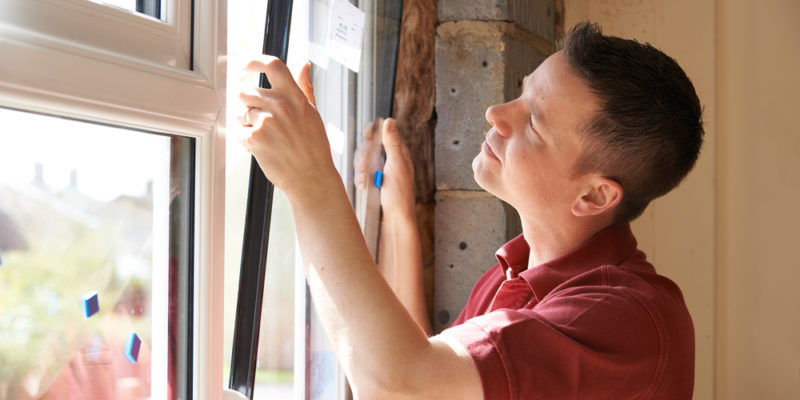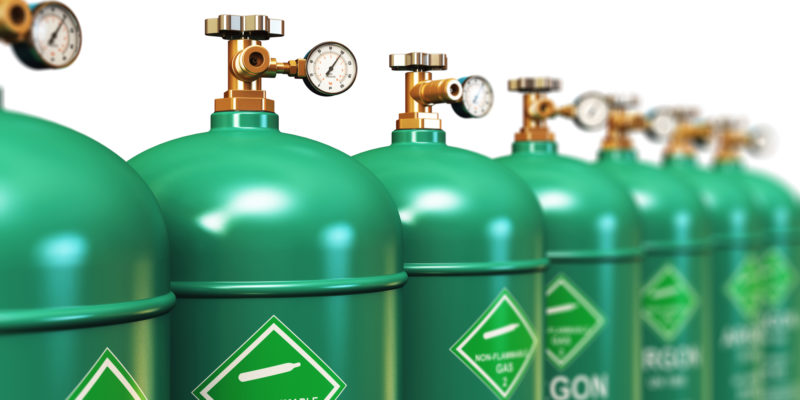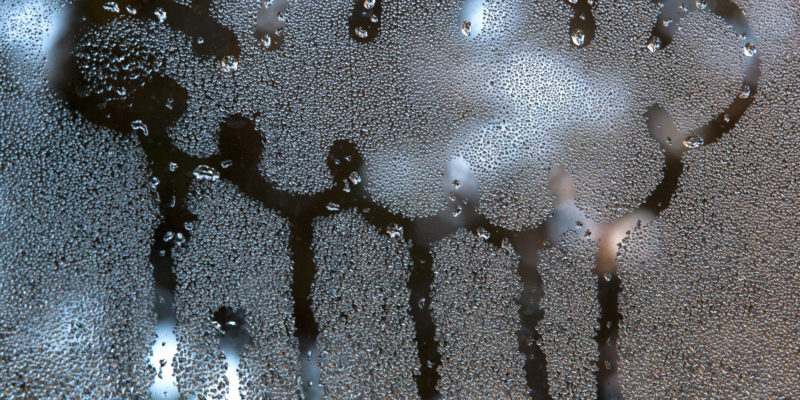Trying to answer this question can be tough. So many environmental factors can affect the longevity of double glazed windows, so it really does depend. The lifespan of double glazing can be anything from 10 to 50 years depending on how well they’re made, installed and looked after. However, on average you’d expect double glazed units to last a minimum of 20 years.
The good news is that over the last few decades, technology for manufacturing double glazing units has improved exponentially and the materials that are being used has improved greatly. Double glazed windows that are made today are far more thermally and energy efficient than those that were made in the 80’s, 90’s and early 00’s.
As a result, it’s fair to say that a double glazed sealed unit produced today will have a lifespan of 25 to 30 years – and maybe even more if fitted in a sheltered location and not subject to extreme weather.
What factors affect the lifespan of double glazing?
The three main factors that affect double glazing are location, quality of manufacture and quality of installation. These factors can halve or double the longevity of a double glazed unit, but one of the biggest culprits for causing problems is temperature.
The insulating gas between panes of glass in a double glazed unit reacts to changes in temperature by expanding and contracting. This is called thermal pumping and often windows that are south facing and in direct sunlight for a number of hours, are most susceptible.
Thermal pumping can put extra stress on the seals of a double glazed unit as it constantly expands and contracts. Over time, the seals will start to fail and as minute fractures begin to grow, air will be sucked into the unit, replacing the insulating gas and compromising their thermal efficiency.
How do you know if your double glazing needs replacing?
Energy-efficient windows are a key structural part of a property that significantly contribute to reducing energy bills and ultimately, keeping your home warm. To ensure you’re not paying more than you should be for your heating bills, it’s really important that your windows continue to perform as intended.
If you’ve noticed that your heating bills seem to be creeping up, it could be that your windows are starting to fail. But there are a number of other ways to identify problems with double glazing units too – each of which are a dead give away that something isn’t quite right:
You can feel a draught around the frame
If you run your hands around the frame where it meets the sealed unit and it feels draughty and cold, either the seals around the frame have perished or the double glazed unit itself has failed. If the unit fails, the gas that insulates the panes of glass will dissipate which will dramatically decrease the U Value. If the seal around the frame has perished, this can easily be replaced, however if the unit has failed a new one will be required.
Condensation in between the panes of a double glazed unit
Condensation on windows isn’t usually cause for concern and there are many simple ways to tackle that, but condensation inside windows should be taken more seriously.
Each sealed unit usually contains a desiccant such as silica gel, which forms part of the spacer bar inside the unit. This is there to absorb the natural moisture that occurs between the panes to keep the unit fog-free. If however the seals of the unit begin to fail, more moisture will be drawn in through thermal pumping which will saturate the desiccant. It’s this over-saturation that causes condensation and fog to form and is usually a pretty obvious indicator that it’s time to replace the unit.
It is however worth noting that condensation is more likely to form in windows that are in direct sunlight. So a north-facing window might have failed seals but won’t show condensation for example.
There’s white dust inside the double glazed unit
You may not see signs of condensation but once the desiccant inside a seal unit becomes saturated it will start to degrade. As it degrades it will essentially fall apart and the particles will begin to drift around the sealed unit, settling on the inside of the panes of glass. This is a sure sign that your double glazed unit is compromised and will need to be replaced.
You can hear a lot of noise from outside
Not only does double glazing act as insulation against temperature, but sound too. When your windows are closed, the noise from outside should be reduced and muffled, maybe even shut off completely. If however you’ve started to notice more noise than usual, the gas could have escaped from your sealed unit, reducing the insulation.
________
If you have a question about double glazed sealed units, or you’ve decided it’s time to get a replacement, get in touch with our expert team who’ll be able to advise on the best course of action. Here at KLG Glass we only make to order with an extensive range of glass and spacer bars to choose from, all ready and waiting to help you get the job done!




